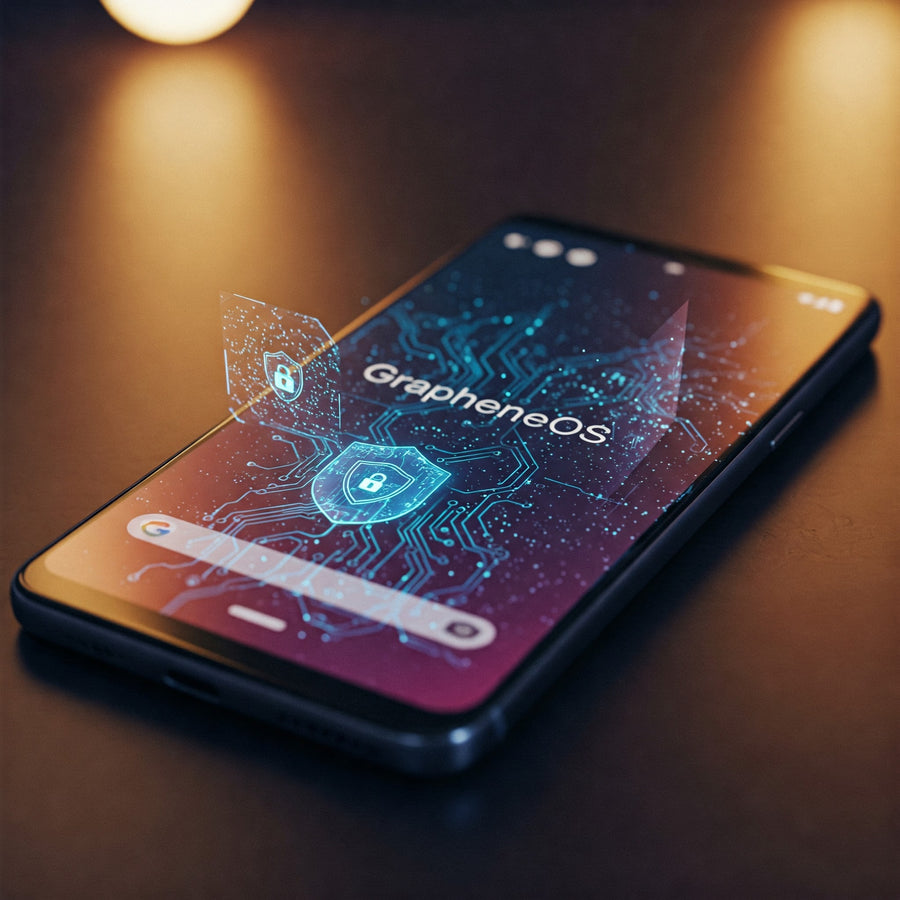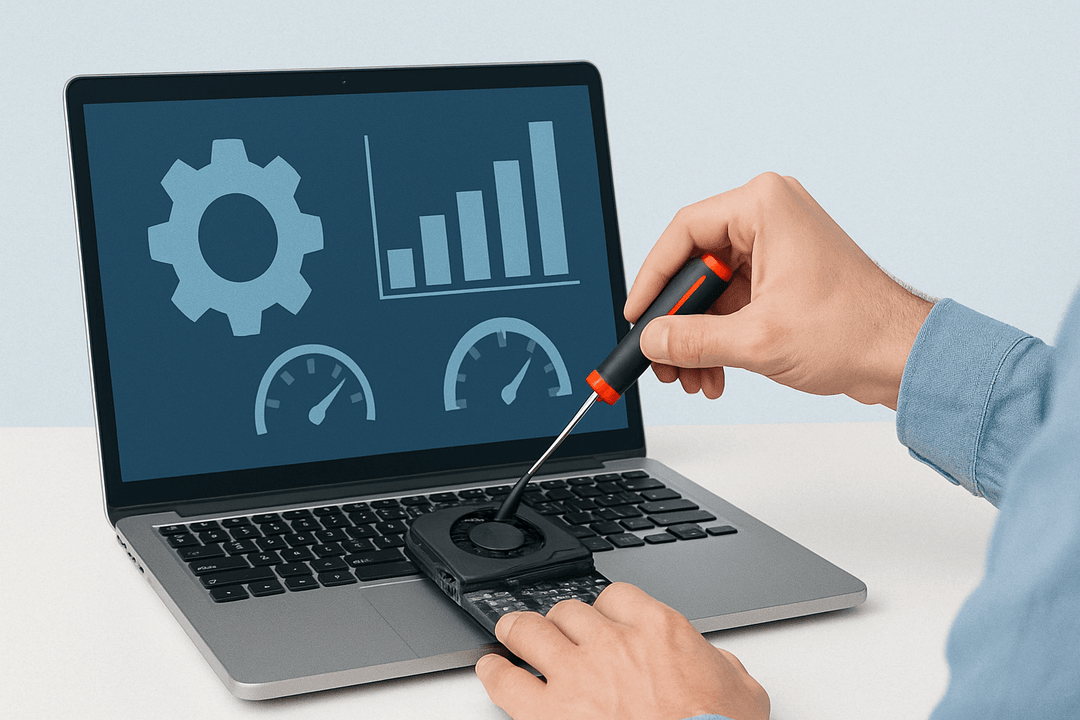Deepfake Ed Guide
Understanding Deepfakes
A comprehensive guide to synthetic media and how to spot it
Back to Deepfake DetectiveWhat Are Deepfakes?
Definition
Deepfakes are synthetic media in which a person in an existing image or video is replaced with someone else's likeness using artificial intelligence. The term "deepfake" combines "deep learning" and "fake".
Evolution
While image manipulation has existed for decades, deepfakes represent a quantum leap in technology. The first deepfakes appeared around 2017, leveraging advances in machine learning and neural networks.
How They Work
Deepfakes use two competing AI systems:
- Generator: Creates fake images
- Discriminator: Tries to detect the fakes
The Risks of Deepfakes
Misinformation
Deepfakes can create convincing fake news, political propaganda, and false narratives that appear to feature real people saying or doing things they never did.
Identity Theft
Malicious actors can use deepfakes to impersonate individuals for financial fraud, blackmail, or reputation damage.
Non-consensual Content
Deepfake technology has been misused to create non-consensual explicit content, violating individuals' privacy and dignity.
Legal & Ethical Challenges
Current laws struggle to address deepfake-related crimes. Ethical questions about consent and digital identity remain largely unresolved.
"Deepfakes are the most dangerous form of artificial intelligence because they undermine truth. When we can't trust what we see with our own eyes, it becomes impossible to have a shared reality."
How to Spot Deepfakes

Natural Features
Real images have natural imperfections, consistent lighting, and realistic textures.

Common Deepfake Markers
- Unnatural skin texture
- Inconsistent lighting
- Blurring around edges
- Asymmetrical features
Visual Analysis
Key things to examine:
- Eyes: Unnatural reflections or asymmetrical blinking
- Hair: Strands that merge unnaturally
- Teeth: Unrealistic texture or alignment
- Skin: Too smooth or inconsistent texture
Video Analysis
For video deepfakes:
- Watch for unnatural facial movements
- Check for inconsistent lighting across frames
- Listen for audio mismatches
- Look for unnatural head movements
History of Deepfakes
Generative Adversarial Networks
Ian Goodfellow introduces GANs, the foundation of deepfake technology.
First Deepfakes Appear
A Reddit user named "deepfakes" shares face-swapped celebrity videos.
Mainstream Awareness
BuzzFeed video featuring Barack Obama raises public awareness of deepfake capabilities.
Detection Arms Race
Tech companies launch deepfake detection challenges as synthetic media improves.
Accessible Tools
User-friendly deepfake apps emerge, making the technology accessible to non-experts.
Protecting Yourself
Verification
Always verify suspicious media through multiple sources. Check official channels and look for corroborating evidence.
Education
Stay informed about deepfake technology and its capabilities. Share knowledge with friends and family.
Digital Hygiene
Limit the personal photos you share online. Use privacy settings on social media to control who can access your images.
Detection Tools
Use deepfake detection tools when in doubt. Many organizations are developing AI-powered detection systems.
Further Learning Resources
Deepfake Image Detection Challenge
An initiative by iTechVista to improve judgement and detect deepfakes and manipulated media.
Visit ChallengeMIT Media Lab: Detect DeepFakes
Protect yourself online with our collection or training resources on scam defense, digital wellness, tech tools, games, and more!
Visit CollectionCoding Courses & Training
Free online collection of courses and coding training for beginners (block coding) and advanced coding (C#, etc.).
Coding ResourcesDeepfake Report by WITNESS
Comprehensive report on deepfakes, synthetic media, and their implications for human rights.
Download PDF






